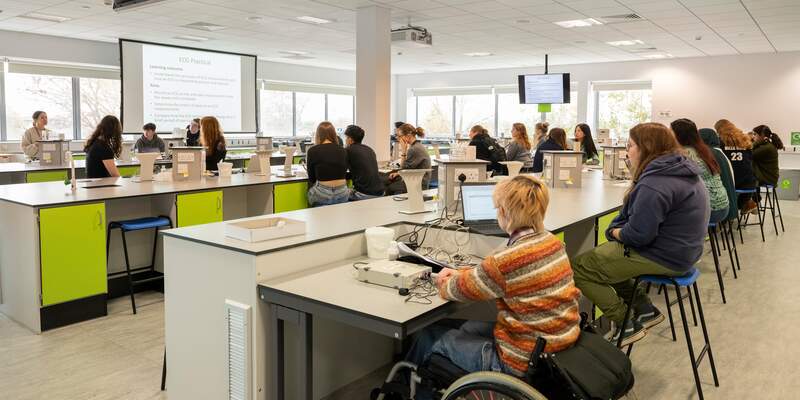
Accessing support
Who offers support?
Disability Practitioner
A Disability Practitioner sets up academic-related support, creates a Student Support Plan and shares this with people who need to know in the academic department. Also negotiates reasonable adjustments because of disability-related needs with a student’s department and assists students in applying for Disabled Students' Allowance
Open Door Practitioner
Open Door provides professional support to students with psychological and mental health difficulties.
Student Wellbeing Officer
Student Wellbeing Officers (SWOs) support students to discuss any concerns or struggles you may be experiencing while you are at University.
They can provide support, information and guidance and help you navigate the support available on and off campus.
Specialist Mentor
Funded by Disabled Students Allowance, and sometimes Disability Services for International Students, help students plan realistically what is possible in terms of study and to set goals that can be achieved each week.
Study Skills Mentor
Funded by Disabled Students Allowance, and sometimes Disability Services for International Students, help students develop study skills strategies.
Disability Contact and Representative in academic department
This member of academic staff is the point of liaison between the academic department and Disability Practitioners. They are a contact point in the department for disabled students.
Student Support Hub
Student Support Hub staff can offer practical support throughout a student’s studies such as help with student finance, bursaries, accommodation.
